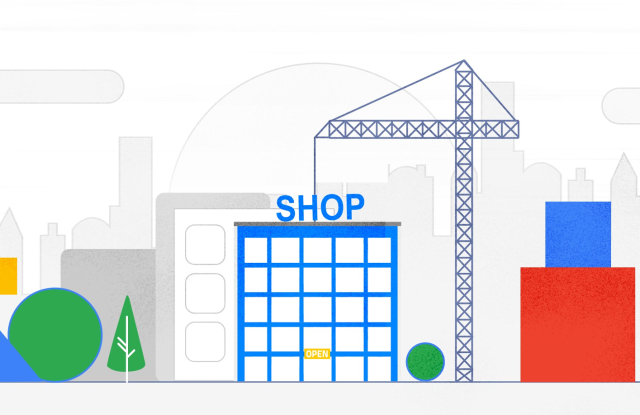Retailers consumed with survival might find it hard to plan ahead for the holidays as they normally would this time of year. But there’s a strong argument that it matters now more than ever.
That’s one of the key takeaways from Google’s latest retail advice, published Thursday via a blog post. The other is that a few “overarching consumer behaviors” are poised to shape this all-important retail season.
Understanding the consumer mind-set always matters, but as the coronavirus pandemic shifts what people value and prioritize on a massive scale, it has become mission-critical. And holiday 2020 looks like it will be unlike any other.
Fundamentally, the pandemic has simply birthed more first-time online shoppers, according to Carrie Tharp, vice president of retail and consumer solutions at GoogleCloud.
“We saw the abandonment of long-established buying habits as home-bound customers began to experiment with new approaches to purchasing everyday items,” Tharp wrote. According to a Google/Ipsos March shopping survey, as many as one in four shoppers hit the Internet during lockdown to “purchase something they would normally buy in-store.”
Of course, groceries account for some of that momentum — people can put off a new summer wardrobe, but they can’t hold off on food. But that and other shopping have made more people comfortable using online services. According to another Google/Ipsos survey, 53 percent of shoppers reported trying a new shopping service for the first time.
Google also noted rising demand for contactless shopping. People are checking product stock online before visiting stores, and they’re flocking to curbside pickup. In March, searches for “curbside pickup” jumped 100 percent — even more than “home delivery,” which grew 70 percent. And more than half of survey respondents believe curbside pickup is here to stay, even after stores fully reopen.
Satisfying consumer expectations is important, simply because there may be fewer shopping dollars to go around.
Sharp described consumers as “more value-conscious than ever before.” Citing a July McKinsey study, she pointed out that most consumers across 45 countries said they expected COVID-19’s impact on their finances and habits to go on for more than two months.
“In the United States, almost a third of consumers are already switching to less expensive products to save money…. Retailers that are successful this holiday season will have a strong, targeted strategy for reaching consumers with the products that are most relevant to them, at the right price,” she wrote.
Naturally, the tech company wants retailers in need of help to turn to Google Cloud tools, such as its new Recommendations AI tool, which uses artificial intelligence to drive personalized product recommendations, along with tips, sessions and guides.
Whatever systems retailers choose, planning ahead is crucial. This year, the likes of Walmart and Target seem to be rethinking their approach to the holidays, starting with the decision to back off of early, pre-Black Friday sales. Meanwhile, Macy’s plans to point more of its holiday marketing to its online business.
The circumstances may not be easy, but the earlier decision-makers prepare their operations, the better.

